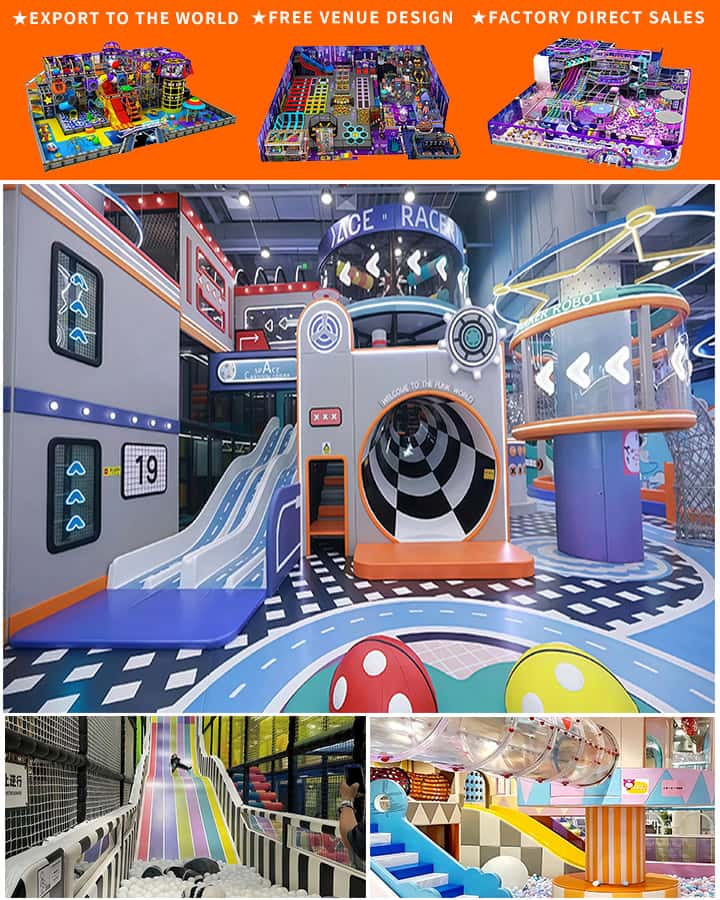Outdoor play spaces hold a significant role in early childhood education facilities, contributing not just to the physical development of young children but also to their mental and social growth. The importance of these areas cannot be overstated, as they provide a natural and dynamic environment where kids can learn through exploration and play. This article delves into why outdoor play spaces are integral to early childhood facilities, using quizlet as an educational tool for understanding this concept better.
Physical Development
One of the primary benefits of outdoor play spaces is their contribution to physical development. Children who spend time outdoors engage in various physical activities such as running, jumping, climbing, and balancing. These activities help develop gross motor skills, enhance coordination, strengthen muscles, and improve overall fitness. According to quizlet, physical exercise is vital during early childhood as it lays the foundation for a healthy lifestyle later in life.
Cognitive Growth
 Outdoor environments offer rich learning opportunities that stimulate cognitive development. Natural settings encourage curiosity and problem-solving. For instance, children might encounter different textures, shapes, and sizes of objects while playing outside, prompting them to ask questions and seek answers. This form of experiential learning supports intellectual growth and nurtures creativity. Quizlet often highlights how exposure to varied stimuli can boost cognitive functions and memory in young minds.
Outdoor environments offer rich learning opportunities that stimulate cognitive development. Natural settings encourage curiosity and problem-solving. For instance, children might encounter different textures, shapes, and sizes of objects while playing outside, prompting them to ask questions and seek answers. This form of experiential learning supports intellectual growth and nurtures creativity. Quizlet often highlights how exposure to varied stimuli can boost cognitive functions and memory in young minds.
Social Skills
Playing outdoors provides numerous opportunities for children to develop essential social skills. Interacting with peers in an unstructured setting teaches cooperation, negotiation, and conflict resolution. Group activities such as team games or collaborative building projects foster friendships and teach empathy. Quizlet emphasizes that social interactions during early years are fundamental for emotional intelligence and interpersonal relationships later in life.
Emotional Well-being
Spending time in nature has been linked to improved emotional well-being. Outdoor play spaces allow children to express their emotions freely and relieve stress. Fresh air and natural surroundings have a calming effect on the mind, reducing anxiety and promoting relaxation. Quizlet points out that incorporating time in nature into daily routines can significantly improve mood and self-esteem among young children.
Encouragement of Imagination and Creativity
Outdoor play spaces serve as a blank canvas for imagination and creativity. Without the constraints of indoor environments, children can invent games, create stories, and use natural materials like sticks, leaves, and stones to build makeshift structures. This kind of unstructured play encourages innovation and divergent thinking, which are crucial components of creative problem-solving.
Safety and Design Considerations
While emphasizing the importance of outdoor play spaces, it is also critical to consider safety and design. Facilities should ensure that these areas are secure, with soft surfaces to absorb falls, age-appropriate equipment, and clear boundaries. Thoughtful design can maximize the potential benefits of outdoor areas while minimizing risks.
In conclusion, outdoor play spaces are indispensable in early childhood facilities due to their multifaceted benefits. They support physical health, cognitive growth, social skills, emotional well-being, and creativity. Tools like quizlet can be incredibly helpful for educators and parents alike to understand and communicate these advantages effectively. As we continue to recognize the value of outdoor play, it becomes increasingly clear that investing in these spaces is investing in the well-rounded development of our youngest generation.




